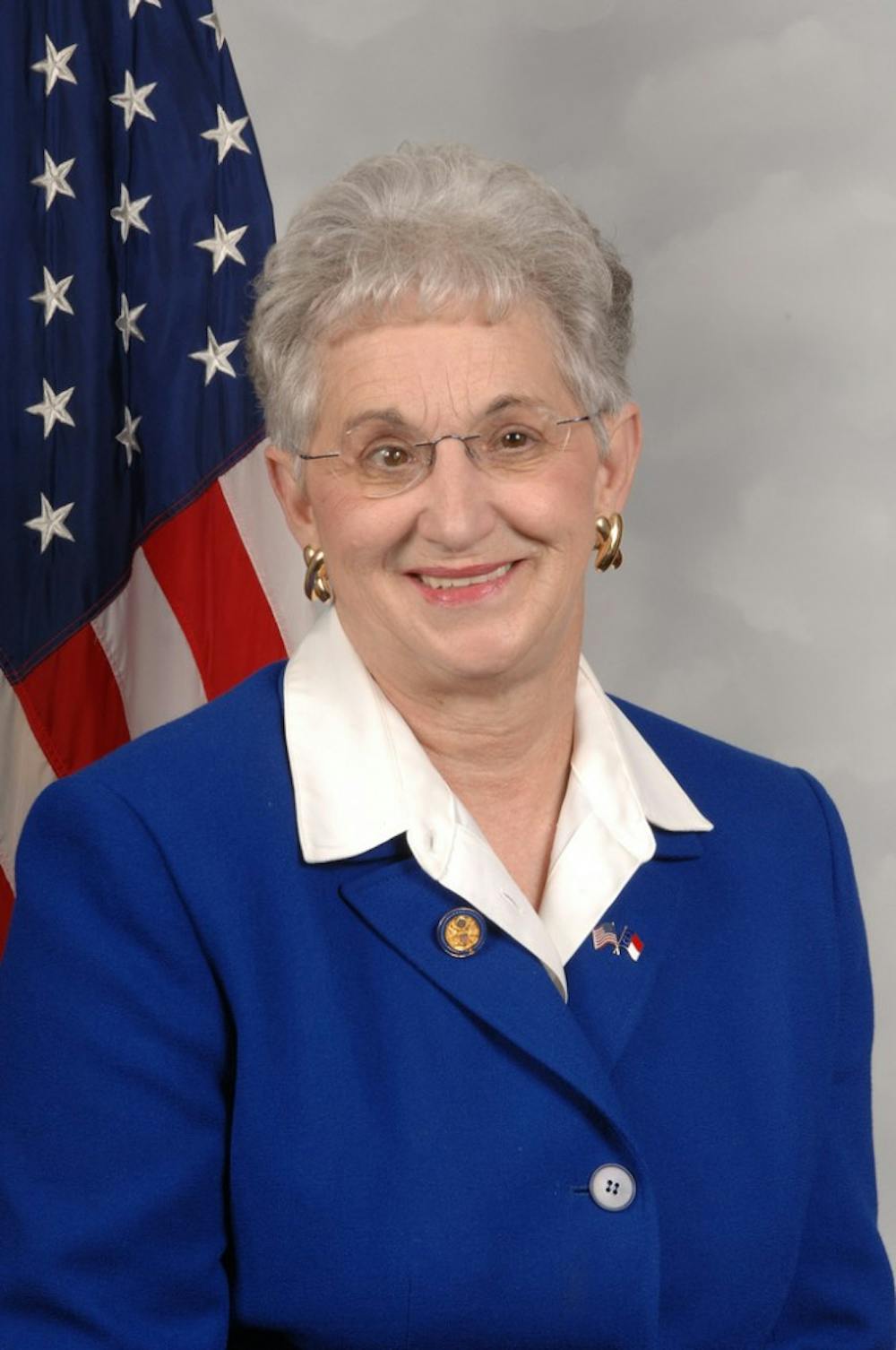Higher education policy is no exception to the effects of partisan tensions in Congress.
The Higher Education Act of 1965, which outlines policies affecting universities and college students all over the country, has been out of date for almost five years.
The act needs to be reauthorized by Congress every eight years and was supposed to expire in 2013, but Congress has been continually extending it rather than officially reauthorizing it. The last attempt to reauthorize the act was the PROSPER Act, which was introduced in December 2017 and has not yet made it past the U.S. House of Representatives.
In February 2018, U.S. Sen. Lamar Alexander, R-Tenn., who heads the Senate Committee on Health, Education, Labor and Pensions, called on the Senate to look at the Higher Education Act, but the momentum has stalled — and it doesn’t appear to be making progress.
Jenna Robinson, president of the James G. Martin Center for Academic Renewal, said the issue has to do with partisanship in a particularly divisive Congress.
“The Higher Education Act is just like anything else,” she said. “It has to find its place in politics regardless of how people feel about the policy.”
Passing higher education bills is already hard enough with bipartisan support, said Jared Bass, senior counsel for education and strategy at New America.
“The PROSPER Act was one party in one chamber’s approach to reauthorizing the act,” Bass said. “I think that caused some problems in the House itself because it didn’t reflect the priorities of all the members.”
Various organizations, like the Institute for Higher Education Policy, criticized the PROSPER Act because it reduced the budget for federal aid and accountability. U.S. Secretary of Education Betsy DeVos praised it for simplifying the FAFSA and other student aid.




